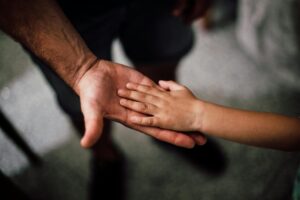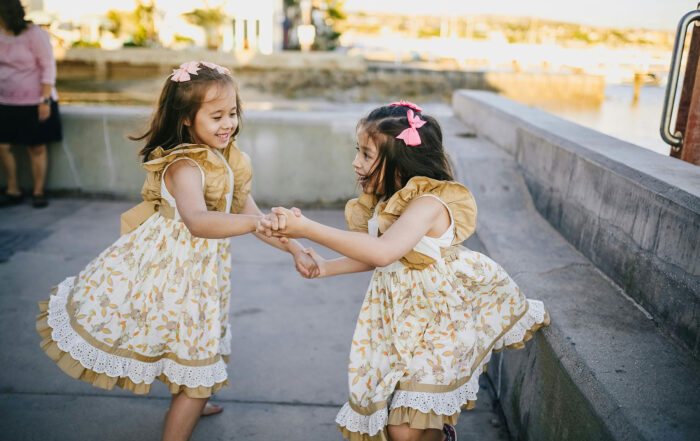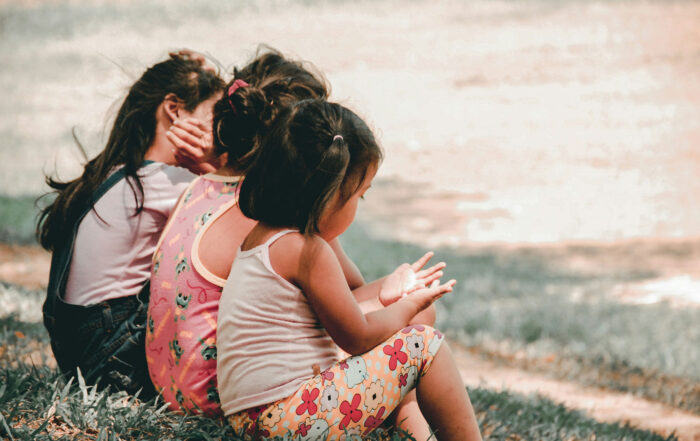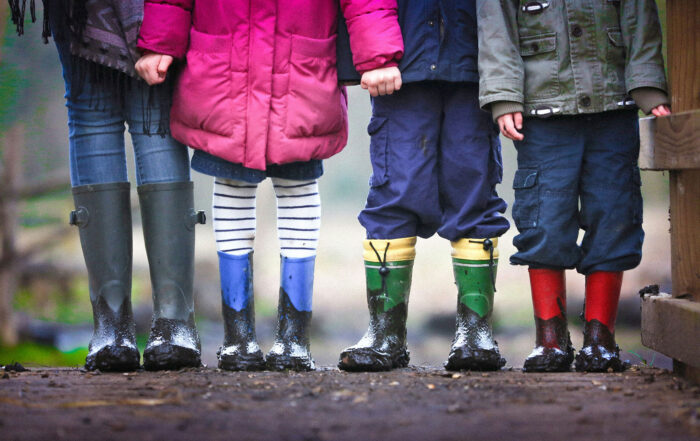By Mental Health America
Now more than ever, young people need an environment where they feel seen, heard, and valued. […] Creating connection starts with you, so allow youth to get to know you as a human being in a way that feels comfortable. For example, you can share things about yourself like your favorite hobbies or places to travel. You may also choose to share about your own mental health journey to reduce stigma without sharing triggering details.
Share This Post!
The Healing Power of Dance Movement Therapy
By Helaina Hovitz As I worked more furiously towards the deadline of finishing the edits on my memoir about growing up with Post Traumatic Stress Disorder while verbally telling my story over [...]
How to Rewire Your Traumatized Brain
By the Concepción de León I hear some people have trouble with therapy, that it can take years for them to open up to their doctors, let alone cry or break down. Not [...]
Developmental Trauma Disorder: The Effects of Child Abuse and Neglect
By Maureen V. Kilrain, MS, PA-C Child neglect and abuse are perhaps the most significant community health challenge in the United States. Mental health experts in trauma continue to investigate and apply a [...]
Why Don’t Child Sex Abuse Victims Tell?
By David M. Allen, M.D. One of the things that child abuse deniers like the False Memory Syndrome Foundation focus on, besides child abuse apologist Elizabeth Loftus's irrelevant arguments about the unreliability of [...]
Post-Traumatic Childhood
By Bessel A. van der Kolk Brookline, Mass. - As a young psychiatrist, I worked with Vietnam War combat veterans and confronted the astonishing lack of resources to help these men and women [...]
About the CDC-Kaiser ACE Study
By the Center for Disease Control The CDC-Kaiser Permanente Adverse Childhood Experiences (ACE) Study is one of the largest investigations of childhood abuse and neglect and later-life health and well-being. The original ACE [...]








